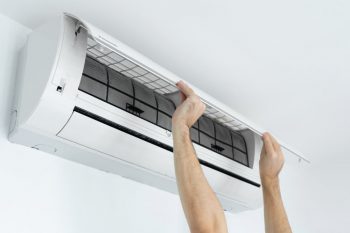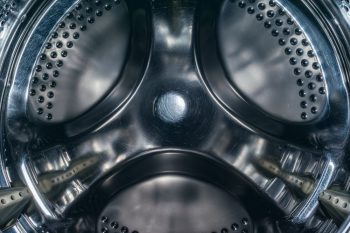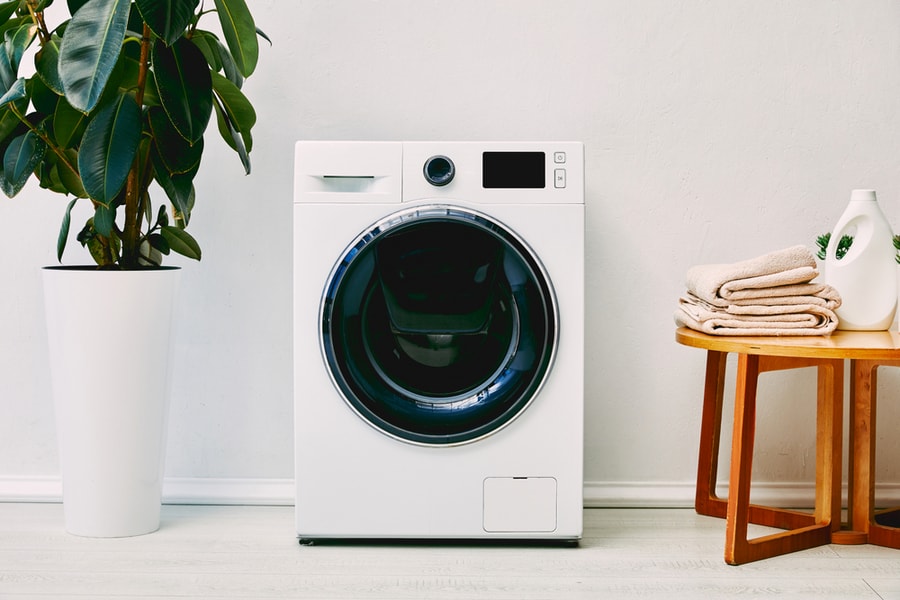
Winter is a great time to snuggle up in cosy blankets, make snowmen and sip hot cocoa – unless you have to deal with a damaged washing machine because of the frigid temperatures.
To avoid dealing with inconvenient and costly repairs, it’s important to winterize your washing machine before the cold sets in.
- Before the winter season begins, take precautions, and winterize your washing machine. This will help to protect it from any potentially damaging freezing temperatures.
- To prevent your washing machine from freezing in the future, you should always keep it away from cold drafts.
- Close the water supply valve when you’re away from home for an extended time. If the temperature plummets during your absence, the water supply may be shut off, and your machine may be damaged.
- Check your hoses and pipes regularly, and look for signs of wear and tear or leaks that could cause damage if not addressed.
- Insulate your washing machine’s pipes, hoses, and other components to keep them from freezing during winter.
- Consider draining your washing machine and filling it with RV non-toxic antifreeze if you expect extreme cold weather. This will help to protect the components from freezing and cracking.
- Finally, make sure to check your owner’s manual for any specific instructions on how to winterize your washing machine.
In this article, we’ll cover how to best protect your washing machine from freezing temperatures so that you can enjoy an uninterrupted winter season.
Why Should You Winterize Your Washing Machine?
To prevent costly repairs, you should winterize your washing machine each year. Winterization is a process of protecting the internal components of your washing machine from freezing temperatures.
When the temperature drops below freezing, water lines and hoses can freeze up and burst, which could lead to flooding or other severe damage.
Additionally, freezing temperatures can cause the main components of your washing machine to crack or break, which could lead to costly repairs.
Note: If winterization is not taken seriously, it can cause leakage and void the warranty.
How To Winterize a Washing Machine?
Now that you know why winterizing your washing machine is important, it’s time to learn how to do it!
Although it may seem daunting, it is fairly simple and only takes a few simple steps:
1. Unplug the Washing Machine
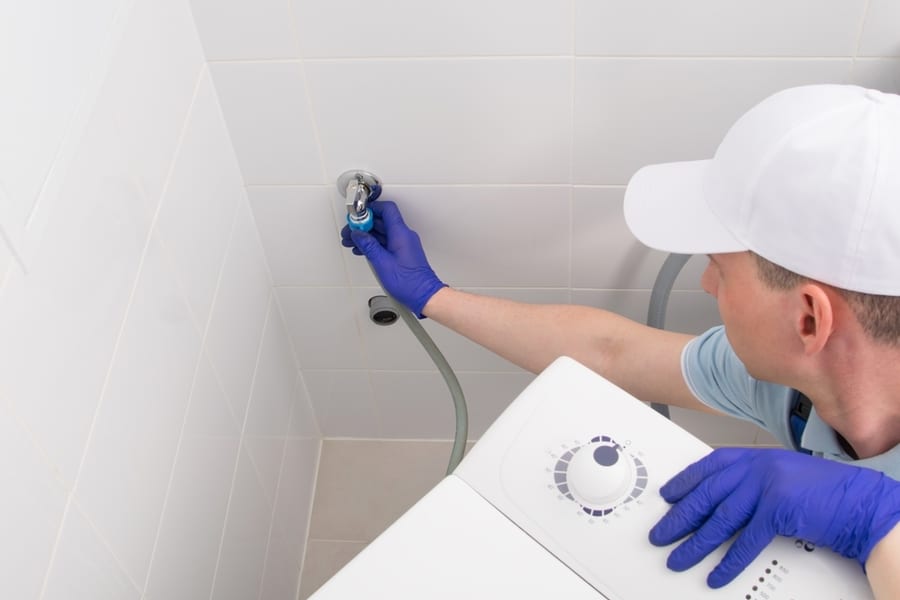
First, you’ll have to disconnect the power supply and water lines. Next, turn off the hot and cold water valves and remove hoses from the wall or faucet connections.
Then, unplug your machine from the electrical outlet and make sure it’s completely disconnected.
2. Drain-All Remaining Water
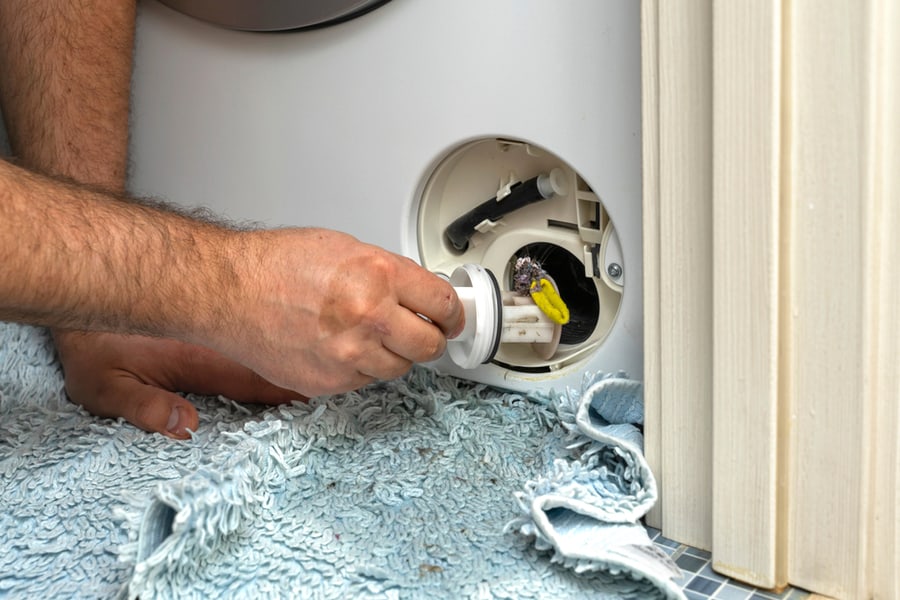
Once the power and water lines are disconnected, drain any remaining water from your washing machine. To do this, locate the drain hose and open it up.
You can use a wet/dry vacuum to ensure that all the water has been removed.
3. Set the Washing Machine
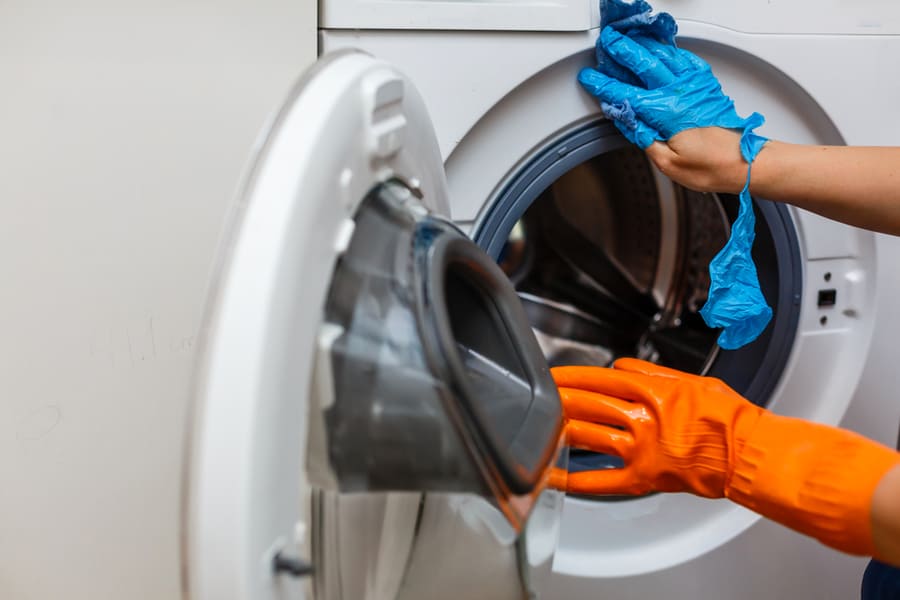
Once all the water has been drained, turn your washing machine’s timer control to fill and its temperature selection controls to hot.
Then, turn the washing machine on for at least 10 seconds.
4. Add RV Non-Toxic Antifreeze
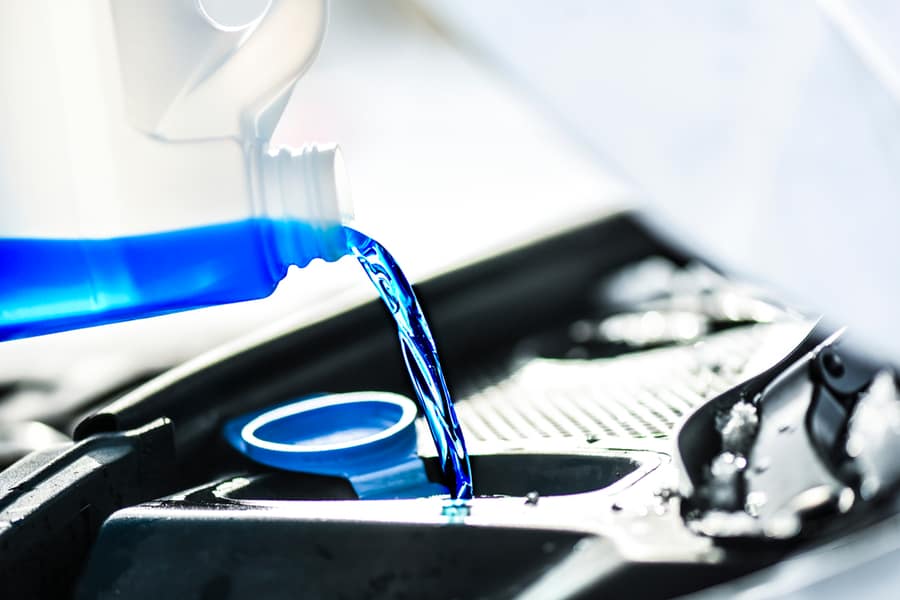
Next, pour a half gallon of RV non-toxic antifreeze into the washing machine’s tub. This will protect your washing machine from freezing temperatures for a long period.
5. Run a Cycle of 1 Minute
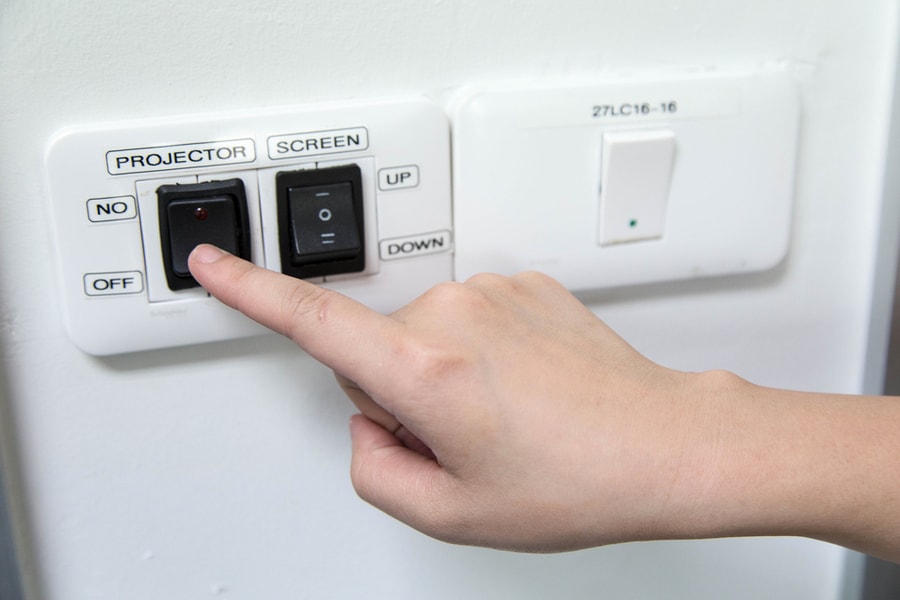
Once the antifreeze has been added, run a cycle for 1 minute to ensure the antifreeze is spread throughout the machine. After that, you can turn off the machine and disconnect it from the power and water lines.
6. Reattach Hoses and Plug-In
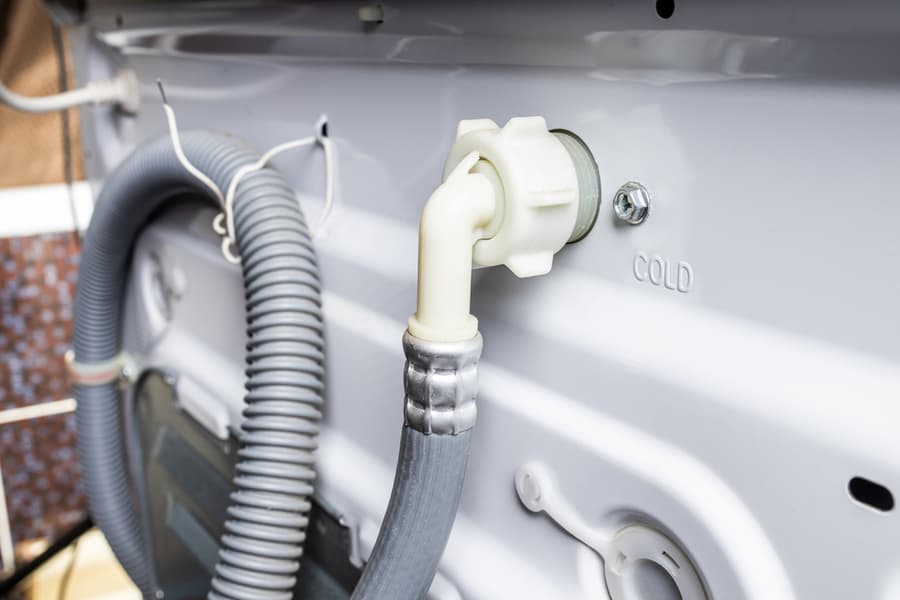
Finally, reattach the power and water supply hoses to your washing machine. Then, plug it back into the electrical outlet and turn on the hot and cold water valves.
Note: Before using your washing machine again, run a rinse cycle to ensure all the RV antifreeze has been removed.
Congratulations! Your washing machine is now winterized and ready to withstand the coldest temperatures. But remember, it’s always important to take preventative measures to protect your machine from potential freezing damage.
- Never use regular antifreeze in your washing machine, as this can cause serious damage. Instead, always use RV non-toxic antifreeze for winterization.
- It’s also important to note that some washing machines may have special instructions for winterizing, so be sure to check your owner’s manual for additional information.
Can You Winterize a Washing Machine Without Antifreeze?
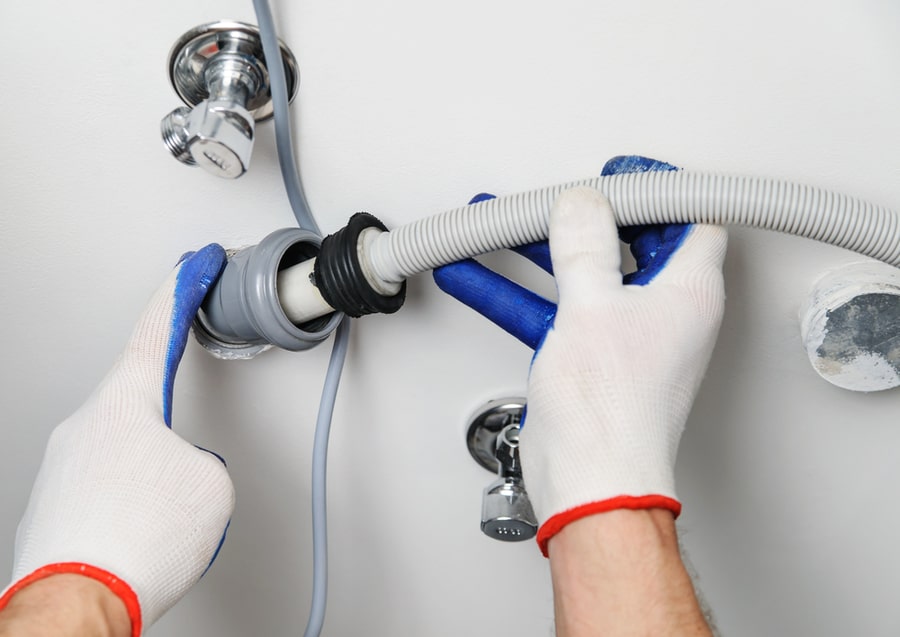
Yes! Although RV antifreeze is the most effective way to winterize a washer.
Here are steps take a few other steps to protect the machine:
Step #1: Insulate Your Pipes and Hoses
The first thing you should do is insulate any exposed pipes and hoses. This will help to protect them from freezing during the winter season.
Make sure to use insulation specifically designed for plumbing, such as foam pipe insulation.
Step #2: Assemble a Protective Cover
You can also assemble a protective cover for your washing machine. This will help to keep the machine sealed during cold weather. You can use a large plastic bag or tarp to cover your washer and protect it.
Step #3: Keep Your Washer in a Warm Area
Finally, keep your washing machine in a warm area of your home. If possible, place it near an interior wall or a heat source, such as a furnace. This will help to keep it protected from extreme temperatures.
Following these simple steps, you can winterize your washing machine without using RV antifreeze.
Conclusion
The simple steps above allow you to easily winterize your washing machine and protect it from freezing temperatures.
When winterizing your washing machine, it’s essential to ensure that all of the internal components are protected and that you follow the instructions for your specific machine.
Also, don’t forget to repeat this process each year before winter arrives. With these easy steps and patience, you can ensure that your washing machine will remain in good condition throughout the season.
Frequently Asked Questions
How Do I Know if I Need Antifreeze?
Some common signs that your washing machine needs antifreeze are if it is freezing up or not draining properly.
If you live in an area with freezing temperatures, then it is likely that you will need to use antifreeze to winterize your washing machine.
If unsure, it is best to consult a professional to keep your machine in tip-top shape.
Do I Need To Winterize My Washing Machine Every Year?
Yes, it is important to winterize your washing machine every year to protect it from cold temperatures.




